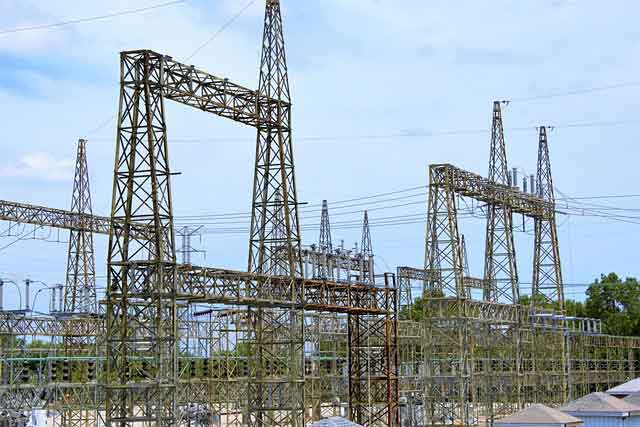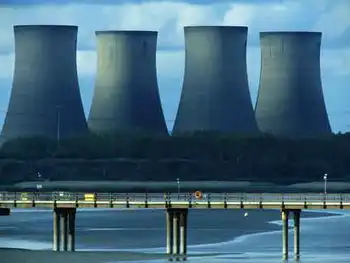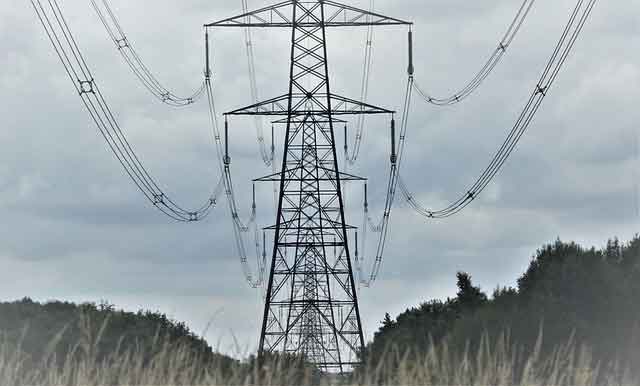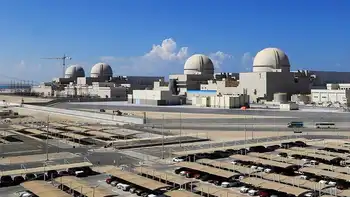Philippines targets huge geothermal development
The Philippines, the world's second-largest developer of geothermal energy, plans to approve 19 deals in the next five months to allow foreign and domestic companies access to geothermal projects, the division chief for geothermal energy at the Philippine Energy Department, Alejandro Oanes, told Reuters.
Philippine power producer Energy Development Corp and Envent, a unit of Geysir Green Energy, one of Iceland's biggest geothermal energy companies, were among groups vying for contracts to tap the country's geothermal resources, he said.
"Incentives for renewable projects are giving (the country's) geothermal development a much needed boost," said Oanes in a telephone interview from Manila.
Tax holidays and tariff exemptions for renewable energy projects are boosting investment in clean energy in the Philippines, with the government recently awarding 87 contracts to develop alternative energy sources.
Geothermal power accounted for 17 percent of the country's total power mix at the end of 2008, with installed capacity close to 2,000 megawatts, energy department data showed.
The government was issuing tenders for the development of 10 geothermal sites and negotiating nine more deals directly with various companies, Oanes said. Combined, the deals could harness more than 620 megawatts of geothermal energy.
Geothermal sites covered in the deals include Mount Isarog, in Camarines Sur province, where about 70 MW of geothermal power could be developed. The government is also looking at resources in Mount Labo, Camarines Norte with a potential capacity of 65 MW.
Other provinces identified with geothermal resources include Benguet, Cagayan, Palawan, Oriental Mindoro, Surigao del Norte and Laguna.
Related News

ACCIONA Energía Launches 280 MW Wind Farm in Alberta
ACCIONA Energía, a global leader in renewable energy, has successfully launched its Forty Mile Wind Farm in southern Alberta, Canada. This 280-megawatt (MW) project, powered by 49 Nordex turbines, is now supplying clean electricity to the provincial grid and stands as one of Canada's ten largest wind farms. It also marks the company's largest wind installation in North America to date.
Strategic Location and Technological Specifications
Situated approximately 50 kilometers southwest of Medicine Hat, the Forty Mile Wind Farm is strategically located in the County of Forty Mile No. 8. Each of the 49…




